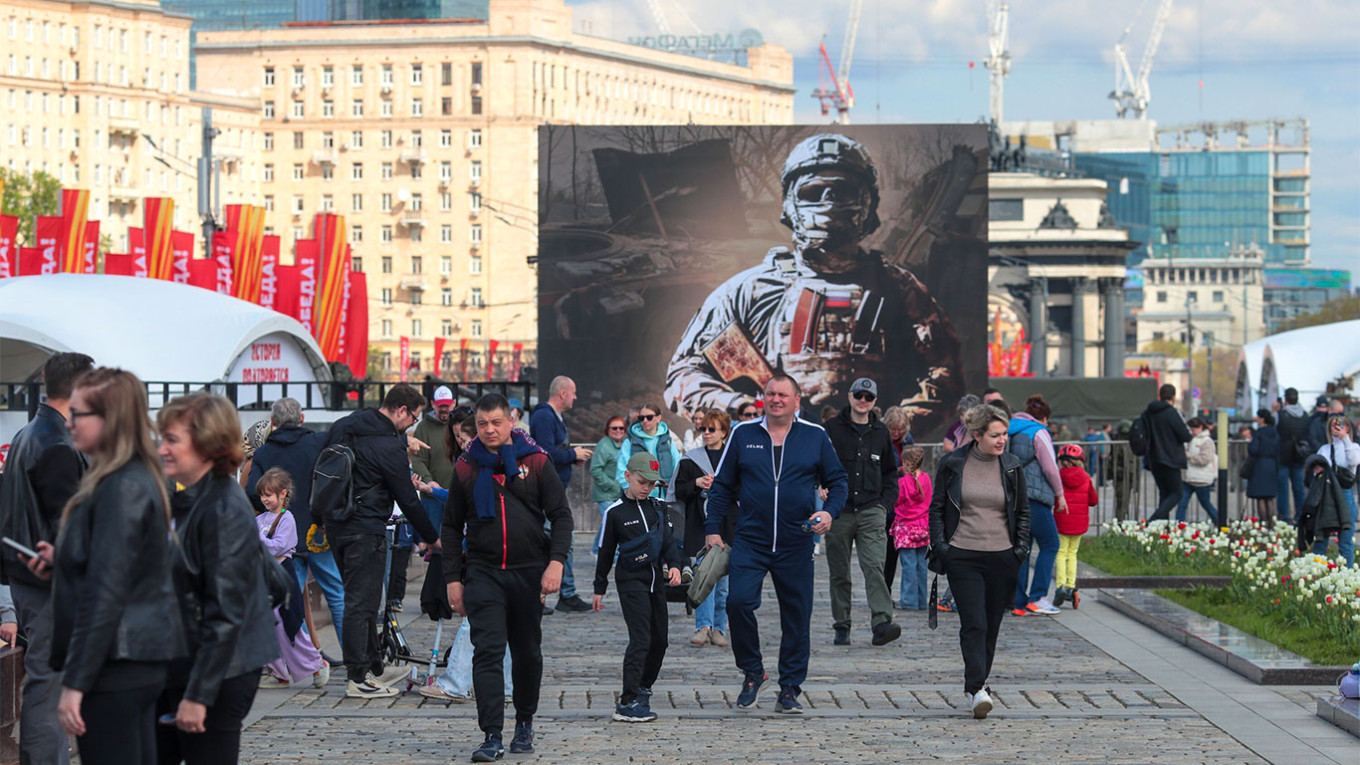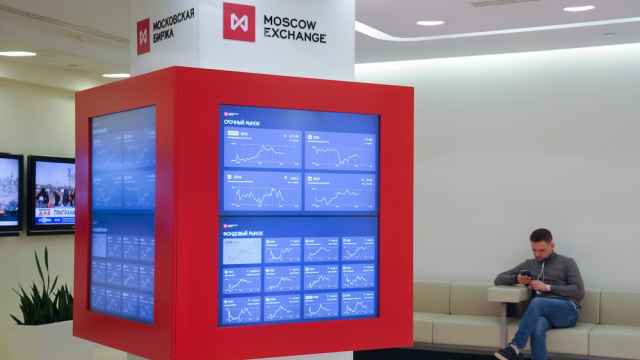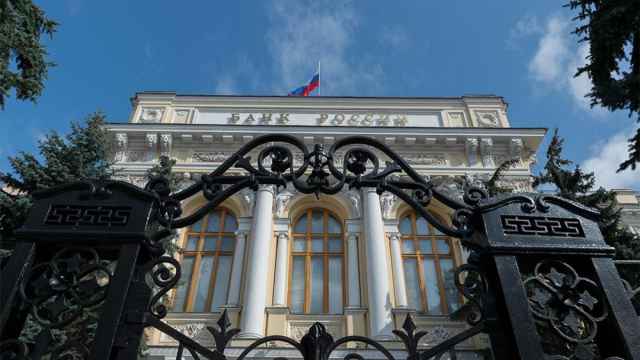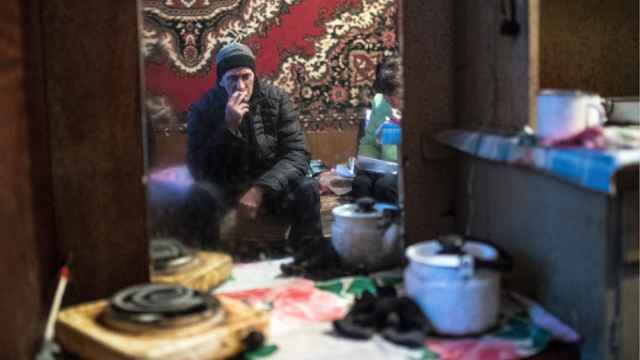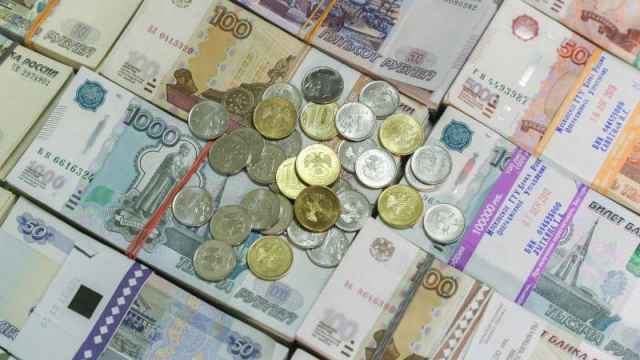Russians who initially fled the country but are now returning from abroad have helped boost Russia’s economic growth in the face of unprecedented Western sanctions, Bloomberg reported Thursday.
An estimated 1.1 million people left Russia in 2022 after Moscow launched the full-scale invasion of Ukraine. Between 40% and 45% have since returned, according to client data from the Moscow-based relocation firm Finion cited by Bloomberg.
The returnees contributed between one-fifth and one-third of Russia’s 3.6% GDP growth in 2023, according to Bloomberg Economics estimates.
These Russians reportedly chose to return home after facing difficulties with renewing residence permits abroad and encountering personal and institutional discrimination, even in countries that are considered to be Russia-friendly and have not imposed sanctions on Moscow.
“They came back with a feeling of resentment and the feeling that ‘Putin was not so wrong after all. They really hate us’,” Anna Kuleshova, a sociologist at the Social Foresight Group, which interviews Russian emigres, was quoted as saying by Bloomberg.
Political analyst Tatiana Stanovaya said Russian propaganda uses the comeback stories as proof of widespread “Russophobia” in the West. For Putin, who has lauded the return of Russian entrepreneurs and highly qualified workers as a “good trend,” Stanovaya said the process “fuels him, gives him additional evidence that he was right.”
The sense of insecurity felt by Russians living abroad suggests the repatriation process will likely continue as the war drags on, Bloomberg said, citing a European University Institute in Florence study of Russian migrants.
Russia saw two waves of outward migration in 2022 — one initially after the start of the full-scale invasion of Ukraine and the second in the fall when the Kremlin announced a “partial” mobilization. Many fled out of opposition to the war, fears of economic collapse, or a refusal to be sent to the battlefield.
Putin initially described this outflow as a “natural and necessary cleansing of society” of “scum and traitors.” But by the summer of last year, the Russian leader shifted his tone, describing those who remain abroad as “an additional element connecting Russia” with its foreign partners.
A Message from The Moscow Times:
Dear readers,
We are facing unprecedented challenges. Russia's Prosecutor General's Office has designated The Moscow Times as an "undesirable" organization, criminalizing our work and putting our staff at risk of prosecution. This follows our earlier unjust labeling as a "foreign agent."
These actions are direct attempts to silence independent journalism in Russia. The authorities claim our work "discredits the decisions of the Russian leadership." We see things differently: we strive to provide accurate, unbiased reporting on Russia.
We, the journalists of The Moscow Times, refuse to be silenced. But to continue our work, we need your help.
Your support, no matter how small, makes a world of difference. If you can, please support us monthly starting from just $2. It's quick to set up, and every contribution makes a significant impact.
By supporting The Moscow Times, you're defending open, independent journalism in the face of repression. Thank you for standing with us.
Remind me later.


